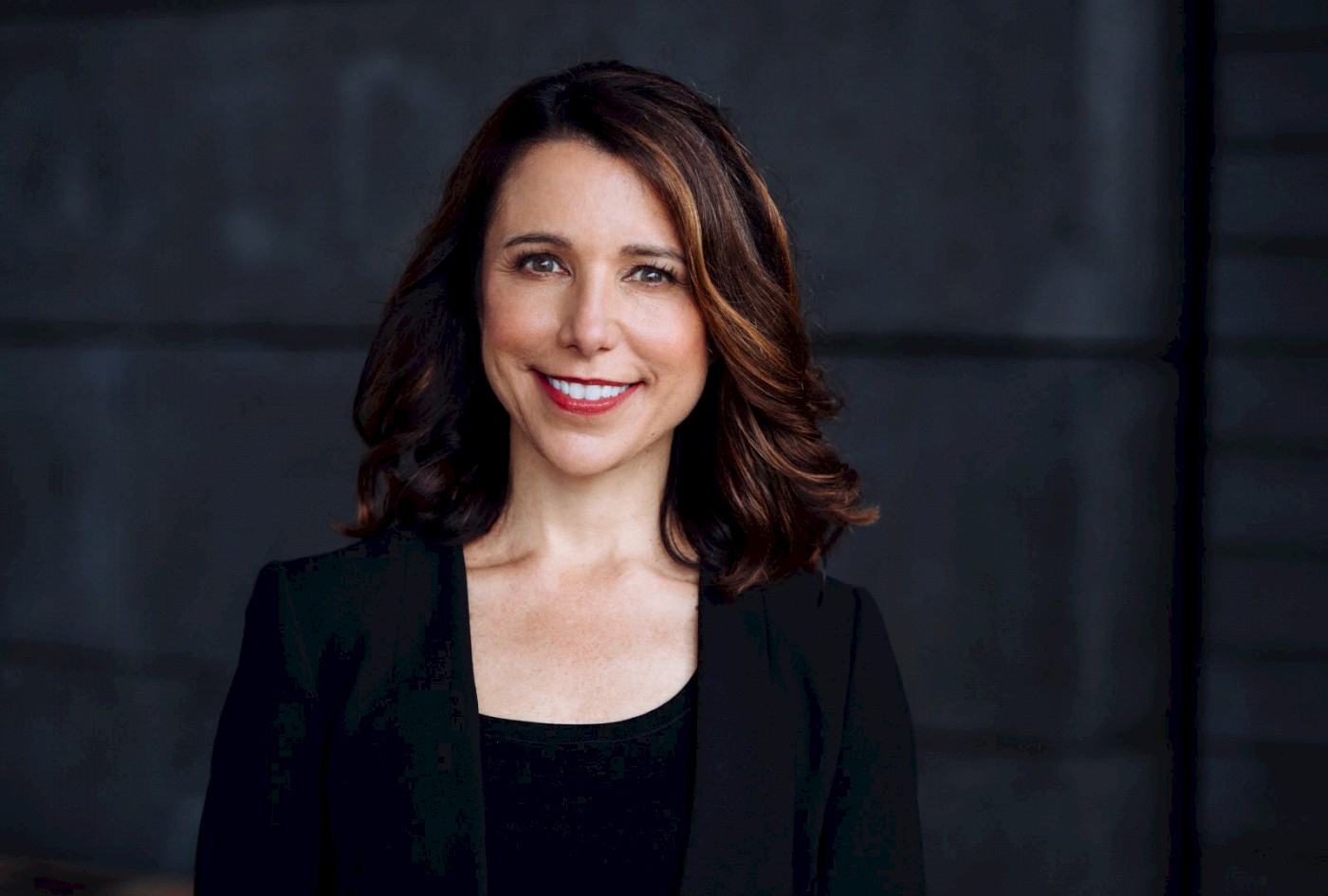
Lori Foster, Professor of Industrial-Organisational Psychology at the North Carolina State University, USA, and the University of Cape Town, South Africa, was at Ahmedabad University recently to deliver the keynote address at the National Academy of Psychology. Professor Foster is the President of the International Association of Applied Psychology. She is a former member of the White House Social and Behavioral Sciences Team and a Behavioural Sciences Advisor to various United Nations entities. In her academic role, she oversees the 4D Lab, which focuses on research at the intersection of work, psychology, technology, and sustainable development. Talking to The Stepwell, she spoke about 21st-century challenges in people management at workplaces, including the impact of advancing technology and achieving the United Nations' Sustainable Development Goals (SDGs) through employee engagement.
I understand the big question in your 4D Lab aligns with the UN's SDGs. Could you share with us how SDGs guide your research at the Lab?
The 4D Lab functions at the intersections of work, psychology, technology, and sustainable development. SDGs give us a wide and broad playing field in research; there are 17 of them, from gender equality and poverty to health, well-being, and education. At first glance, people expect us industrial and organisational psychologists to focus on SDG 8, which is outlining employment and decent work for all. And that's true, but we do a lot more than that. The SDGs intersect -- health and well-being, for instance, intersect with employment. Education, for example, could be about lifelong learning at your current workplace to stay relevant. Work could lead to upskilling. Gender equality is another example. We research many of these SDGs because they lead to the well-being of employees. We see how psychology can play a role in attaining the SDGs. Some of the research is driven by students, and clients, like the UN, drive others. One of the research projects in the 4D Lab is on mental health and well-being, especially after the pandemic. There is a big push toward de-stigmatisation of mental health issues. While the push is there, we are studying the ramifications of people sharing about their mental health issues. Does it have negative repercussions on employees? Another related research project relates to workplaces where employers provide counsellors. Are employees who avail of this service viewed in a negative light? We are testing whether utilising counselling services impacts the perception of their performance. A client-driven research we are doing is with frontline workers who administer vaccines by going door-to-door. It can be a very challenging job with people refusing vaccines due to cultural misgivings or widespread misinformation through viral videos portraying vaccines in a negative light.
The UN has set the agenda for us very well through the SDGs that guide us.
Technology is a game changer. It is rapidly impacting the way we work. How must organisations and employees keep pace with this change?
We must focus on the bigger picture of how technology remains a means to an end rather than the end itself. Our research group is interested in how industrial-organisational psychology and emerging technology can be combined to improve opportunities to participate in the world of work in a meaningful and productive way. Technology should get you closer and not distract you both at an organisational level and as an individual.
A significant part of the current scenario of layoffs is helping your employees to make that transition. Industrial and organisational psychology could work on systems-level setups to help employees upskill. Organisations can support systems that build pathways to categorise allied occupations for their employees by understanding their skill sets with the help of data. This could entail collating their interests, hobbies, and lifelong learning aspirations. You must understand that today's employees who are laid off could be your future customers or workforce. Giving a severance package is not the only thing one can do. It's a smarter and more strategic idea to offer upskilling support as well.
Have organisational and individual responses to 'burnout' changed?
One of the trends here is that of organisational labs that are responding to the question of ‘burnout’ among employees. They are designing research, partnering with academics, and asking questions about increasing engagement, promoting well-being at work, and positive reinforcements. Organisations are broadening their ideas of decent work to go beyond 'just the paycheck'. Such research can create win-win situations for employees and for organisations.
What is the most critical challenge facing Industrial and Organisational Psychology today?
Most people fear Artificial Intelligence (AI). Some hail it as the big thing of the future. AI will make all the difference in the world, so it is a significant part of our work. Somewhat related is Data Science, which is equally significant. That's where opportunities lie because psychologists have the theories behind the data, and data scientists from other backgrounds have some great ways of getting insights from large data pools. So the truth is that there are challenges and opportunities in both AI and Data Science. How do we use these systems so that they contribute positively to workplaces? That's a big question. The answer requires experimentation, theory, data, and partnerships among psychologists, data scientists, and organisational leaders.
How does one evaluate if organisations are sincere and serious about efforts around Diversity, Equity, and Inclusion (DEI)?
One way to assess if organisations are serious about DEI is to see if it is a standalone function or woven throughout the organisation – in hiring, training, evaluation, and well-being practices. If it is woven throughout, is there accountability for it? Does the department have teeth, and is it deeply tied to the decision-making process? Where the department of DEI is placed within the organisational structure speaks volumes about the organisations' commitment to the issue. Another way to assess an organisation’s commitment to DEI is by looking at whether leaders are transparent about DEI data and willing to test the effects of new initiatives on DEI rather than making assumptions about what works.